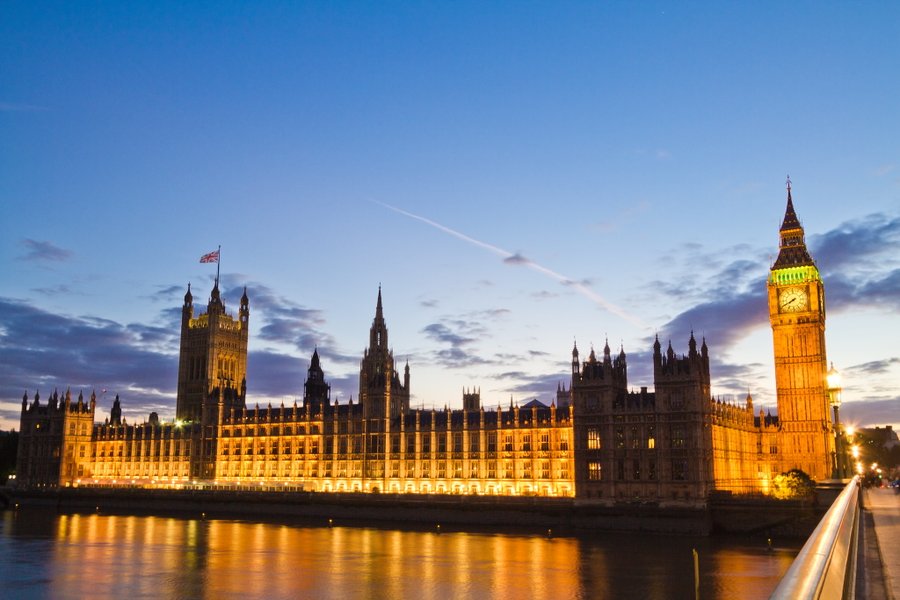
The UK government said it “continues to be concerned by increasing tensions around land" in the North-East in response to a question raised by Scottish National Party (SNP) MP Patrick Grady about the arrest of eight Tamils at Vedukkunaari Hill temple in Vavuniya last month.
In her response, Anne-Marie Trevelyan the Minister of State for the Foreign, Commonwealth and Development Office said:
"We continue to be concerned by increasing tensions around land in Sri Lanka, including at the Vedukkunaari Aadhi Sivan temple in Vavuniya. We welcome the release of the eight arrested Hindu worshippers but note that this incident has troubling implications for Freedom of Religion and Belief."
Trevelyan stated that promoting the freedom of religion or belief is a priority for the UK government and it regularly raises human rights with the Sri Lankan government.
On March 8, Sri Lanka police unleashed violence at the temple, deploying riot police and forcibly taking away devotees who were engaged in worship for Shivarathri. Tamil National People's Front (TNPF) MP Selvarajah Kajendren was assaulted by Sri Lankan police, and a further eight worshippers were arrested during the incident. The eight who were unlawfully detained were released after over a week in custody.
Following their release, Human Rights Watch called on the Sri Lankan government to order its archaeological department to end its “discriminatory interference” in Hindu sites and protect their rights as well as other communities.
In a statement, Deputy Asia Director Meenakshi Ganguly said that Sri Lanka’s targeting of Tamil and Muslim sites is a “violation of the right to freedom of religion and belief”. While the North-East has been subject to Sinhalisation for decades, there has been a rise in efforts to appropriate lands belonging to Tamils and Muslims in recent years. The ongoing Sinhalisation of the North-East forms part of Sri Lanka's attempt to displace the Tamil community's ancestral ties to their homeland and build a unitary Sinhala Buddhist state.
We need your support
Sri Lanka is one of the most dangerous places in the world to be a journalist. Tamil journalists are particularly at threat, with at least 41 media workers known to have been killed by the Sri Lankan state or its paramilitaries during and after the armed conflict.
Despite the risks, our team on the ground remain committed to providing detailed and accurate reporting of developments in the Tamil homeland, across the island and around the world, as well as providing expert analysis and insight from the Tamil point of view
We need your support in keeping our journalism going. Support our work today.
For more ways to donate visit https://donate.tamilguardian.com.

